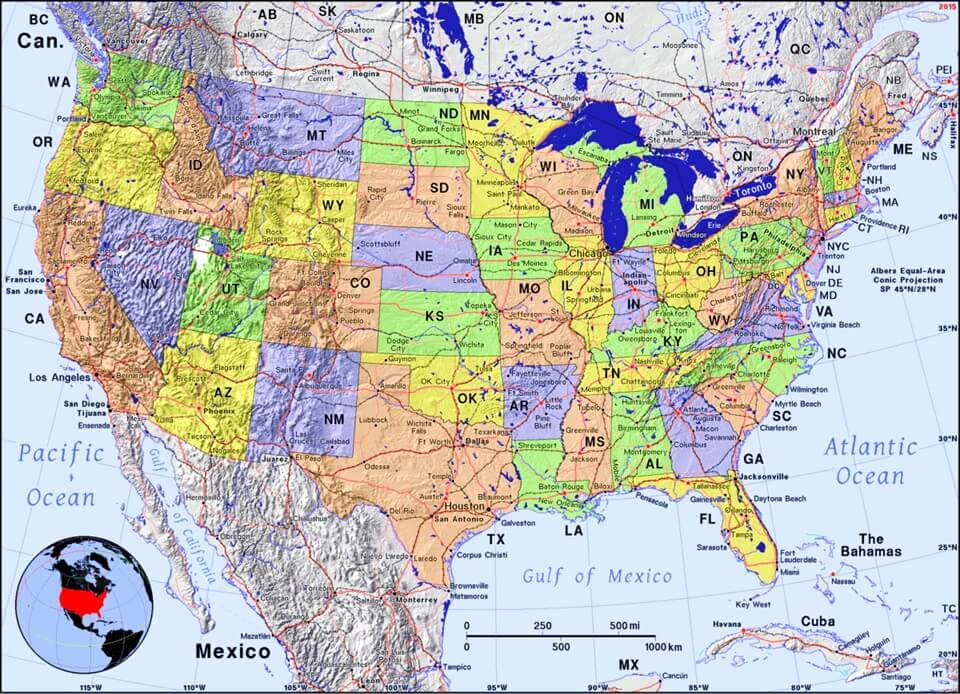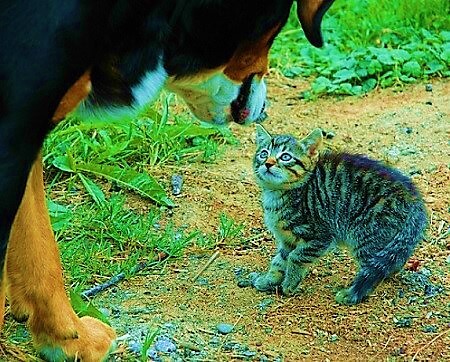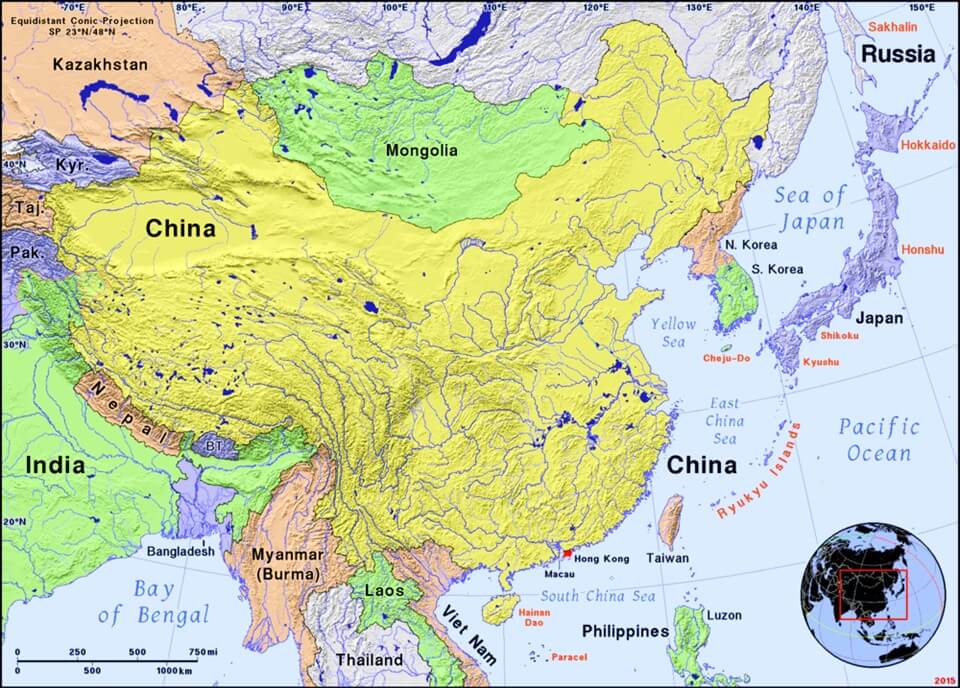 Poets of Nature, Revelry, and Rhyme
Nature, Revelry, and Rhyme
Poets of Nature, Revelry, and Rhyme
Nature, Revelry, and Rhyme

 Poets of Nature, Revelry, and Rhyme
Nature, Revelry, and Rhyme
Poets of Nature, Revelry, and Rhyme
Nature, Revelry, and Rhyme

Study the poem for one week.
Over the week:


Activity 1: Recite the Title, the Poet's Name, and the Poem
Activity 2: Study the Poem Picture

Activity 3: Narrate the Poem
After reading or listening to the poem, narrate the poem events aloud using your own words.
Activity 5: Map the Poem

